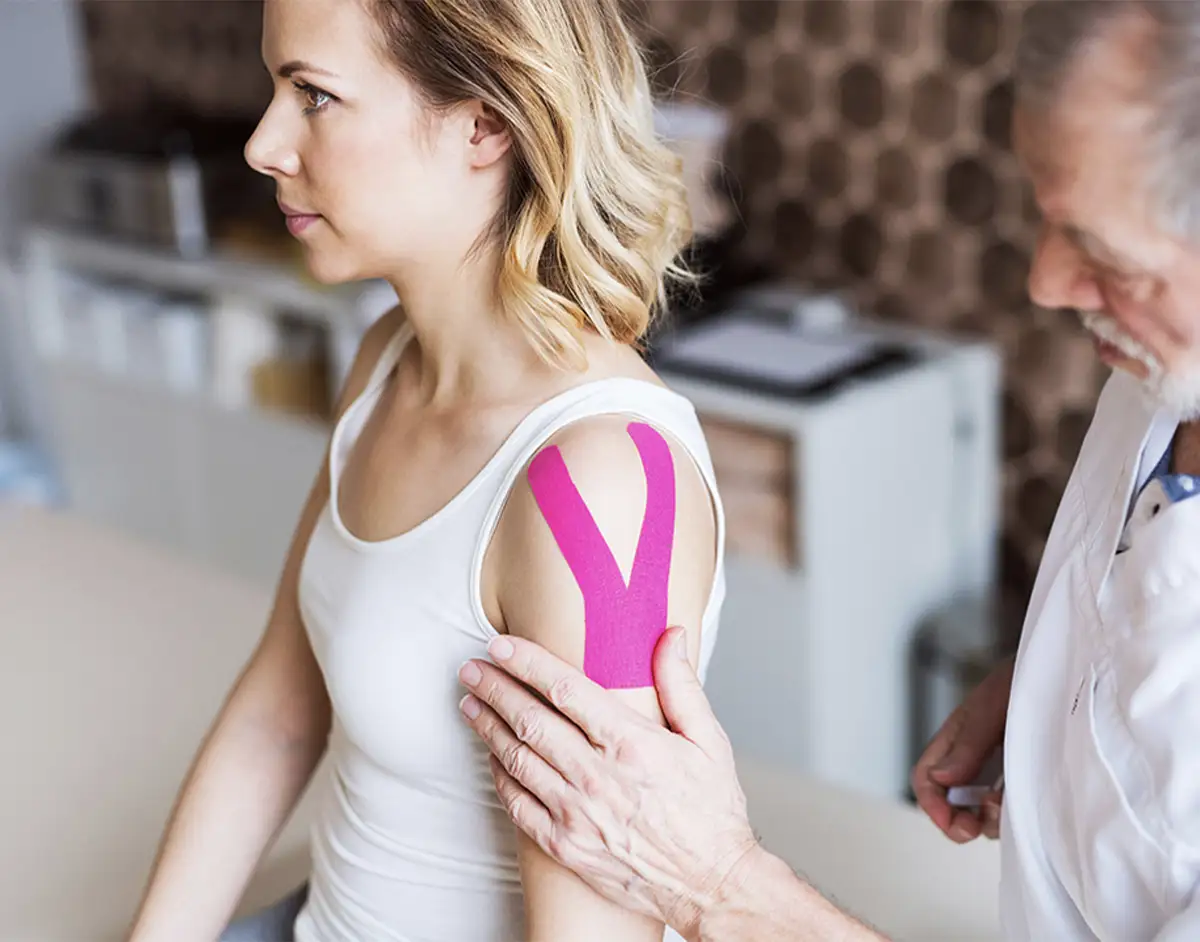Rheumatoid arthritis causes pain and stiffness, loss of function, swelling, joint deformity, and is also associated with other symptoms such as fatigue, fever, eye inflammation, weight loss, pleurisy and lumps under the skin.
Shoulder and elbow arthritis / osteoarthritis
Arthritis is a general description for conditions that affect the joints and surrounding tissues.
There are two common forms of arthritis:
• Osteoarthritis is a painful, degenerative joint disease that is usually linked to overuse, either through sports or as a result of performing a repetitive action, or being overweight.
• Inflammatory arthritis, of which rheumatoid arthritis is the most commonly known, is an autoimmune disease that causes inflammation in the joints.
QUICK LINKS
What causes shoulder or elbow osteoarthritis?
Osteoarthritis develops because the cartilage that normally cushions the ends of the bones in the joints wears away as a result of overuse. This causes the bones to rub together, leading to a grating sensation. Joints become swollen, stiff and bony spurs can develop.
Shoulder or elbow osteoarthritis
Osteoarthritis causes pain and stiffness, which can be debilitating, typically worsening when the joint has been immobile for some time (for example, when you wake up in the morning) or rest after exercise. Affected joints become increasingly stiff, swollen and painful. Movement may become difficult and mobility is reduced. Quality of life can be significantly affected.
Osteoarthritis is diagnosed by a physical examination to test your joints for tenderness, swelling and reduced motion. Your consultant may also recommend an X-ray, which can show reduced spaces between your joints that may indicate cartilage loss and extra bone spurs. Sometimes an MRI may also be helpful to show detailed images of the bone and surrounding soft tissues.
The symptoms of osteoarthritis can usually be managed with a combination of lifestyle changes (such as performing yoga or tai chi), medication, physiotherapy and surgery. You may be offered:
- Acetaminophen for mild to moderate pain or duloxetine for chronic pain.
- Nonsteroidal anti-inflammatory drugs to reduce inflammation.
- Physiotherapy and occupational therapy to increase your range of motion, muscle strength, reduce pain and learn how to perform everyday tasks more effectively.
- Injections of cortisone into the joint to relieve pain or hyaluronic acid to cushion knee joints.
- A range of surgical procedures may be offered depending on the location and extent of the disease. These include:


Rheumatoid arthritis
Rheumatoid arthritis occurs when the body attacks its own healthy tissues, releasing enzymes that destroy the lining of the joints.
Rheumatoid arthritis can be difficult to diagnose in the early stages as it has similar symptoms to other diseases. A blood test may be used to detect raised levels of ESR or C-reactive protein, which might be linked to inflammation. You may also be given X-rays to track the progression of the disease in your joints and MRI or ultrasound scans to assess the surrounding soft tissues.
Unfortunately, there is no cure for rheumatoid arthritis, however you may be offered:
- Disease-modifying antirheumatic drugs which can slow the progression of the disease. The latest biologic DMARDs target parts of the immune system that trigger inflammation, which is responsible for joint and tissue damage.
- You may also be offered: nonsteroidal anti-inflammatory drugs and corticosteroid medications.
- Physiotherapy or occupational therapy which may help to keep your joints flexible.
- A range of surgical procedures may be offered depending on the location and extent of the disease. These include:








